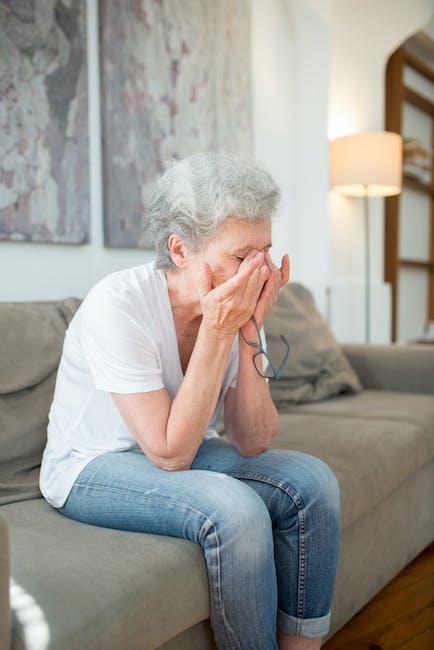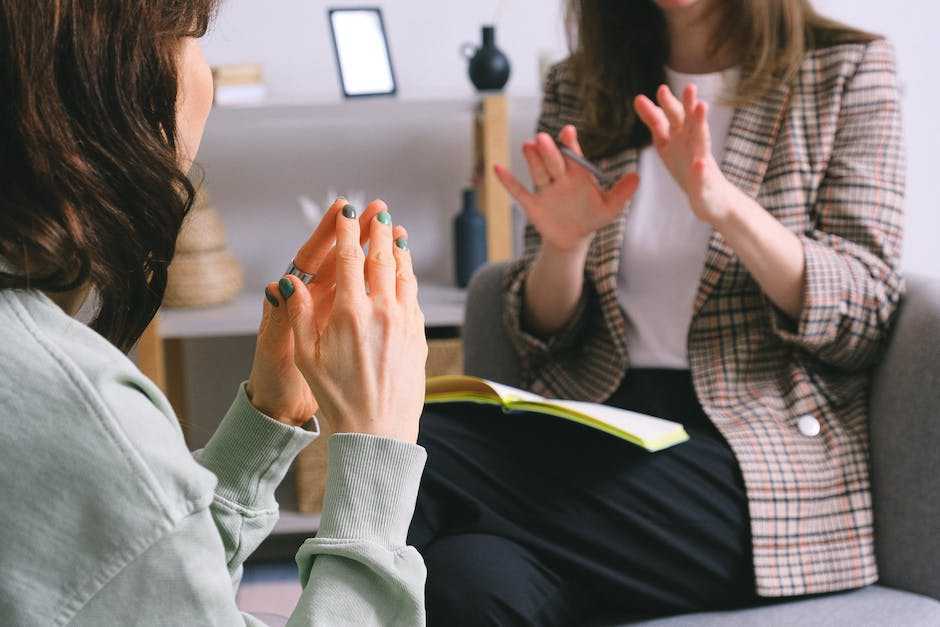
Contents
and Health
Alopecia areata, also known as spot baldness, is a common autoimmune disease that can cause hair to suddenly fall out in small patches. It can cause complete baldness, but this is less common. People who develop alopecia areata often experience feelings of helplessness and depression due to the sudden nature of their hair loss and the impact it has on their appearance. Fortunately, there are effective treatments and support available to help people cope with the psychological effects of alopecia areata.
Psychological Effects of Alopecia Areata
The sudden hair loss associated with alopecia areata can take an emotional toll, making people feel isolated, embarrassed, and ashamed. It can also cause severe loss of self-confidence, anxiety, and depression. People dealing with alopecia areata may also experience anger and frustration, feeling that they have no control over their hair loss. All of these emotions are normal and are part of the grieving process for the loss of follicles.
Support and Health for Coping with Alopecia Areata
Fortunately, people dealing with alopecia areata can find support from a number of sources. Talking to a counselor or therapist can help people cope and reduce their anxiety and depression. Support groups and online forums are also available, where people with alopecia areata can find comfort and solidarity with others who are facing the same struggles. Additionally, many people with alopecia areata have successfully used creative solutions to cope, such as wearing wigs or scarves. It’s important to understand that there is support available, and that people are not alone in their struggle with alopecia areata.
Seeking Treatment for Alopecia Areata
In addition to psychological support and coping mechanisms, there are various medical treatments available for alopecia areata. Topical corticosteroids, immunosuppressants, and phototherapy are all common treatments. Additionally, some lifestyle changes, such as reducing stress and eating a balanced diet can help to reduce the effects of alopecia areata or even stop hair loss altogether. It’s important to speak to a healthcare professional to determine the best treatment plan for individual needs.
Coping with alopecia areata can be a difficult experience, but there is no need to suffer alone. With the right medical treatment and psychological support, people with alopecia areata can learn to successfully manage their condition and feel confident despite their hair loss.
